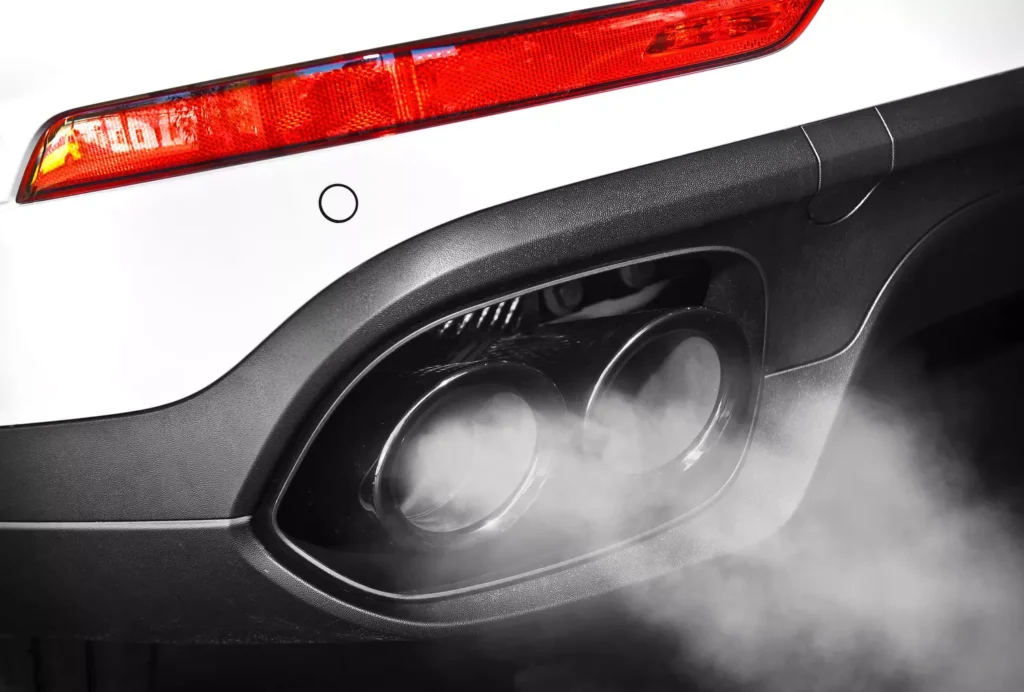The automotive giants can breathe a sigh of relief. The European Union has just officially announced a relaxation of the CAFE standard, originally designed to compel manufacturers to quickly reduce their CO₂ emissions. A change in schedule that spares them, at least for now, from the heavy financial penalties set to take effect this year.
This decision, approved by member states, postpones the assessment of environmental performance over a three-year period, from 2025 to 2027, instead of a single year. This strategic retreat from Brussels comes after months of intense pressure from industry players, who criticized the unrealistic nature of European requirements.
For manufacturers, these penalties represented a colossal threat: up to 16 billion euros in fines for non-compliance. They believe they have made the necessary efforts in electrifying their ranges, pointing to the hesitance of buyers towards 100% electric vehicles.
In the background, the European Commission claims it wants to revive the momentum of battery-powered car sales. This goal is now included in a broader action plan presented by Ursula von der Leyen, which combines industrial support and climate ambitions. However, this regulatory easing fuels criticism about a potential abandonment of green objectives.
It must be said that the European political context has changed. Since the 2024 elections, marked by a rise of conservative parties and a decline of the Greens, several climate policies are being re-examined in light of economic realities. Nevertheless, Brussels insists it will maintain its course towards a ban on new thermal cars by 2035.
This partial reversal also marks the resurgence of the automotive lobby, which has been marginalized since the Dieselgate scandal. Buoyed by this victory, the sector now hopes to influence other regulations. However, not all players are aligned: some brands like BMW or Stellantis are reluctant to any revision of the initial timeline.
The question of differentiated treatment for compact vehicles, deemed essential for affordable mobility, is also entering the debate. Leaders such as Luca de Meo (Renault) or John Elkann (Stellantis) advocate for a revision of the regulatory framework to allow the production of small, profitable, and accessible cars.
This demand echoes a very tangible reality: the price of vehicles continues to rise. According to a recent study, the average cost of a new car increased by 66% between 2001 and 2021 in Europe. Successive regulations, often designed for high-end models, are being blamed for contributing to this inflation.
Faced with this accumulation of technical and environmental standards, sometimes referred to as a “regulatory millefeuille,” industry players are calling for simplification and adaptation. They are now demanding rules designed for a more balanced automotive industry, capable of reconciling ecological imperatives, competitiveness, and access for the greatest number.


